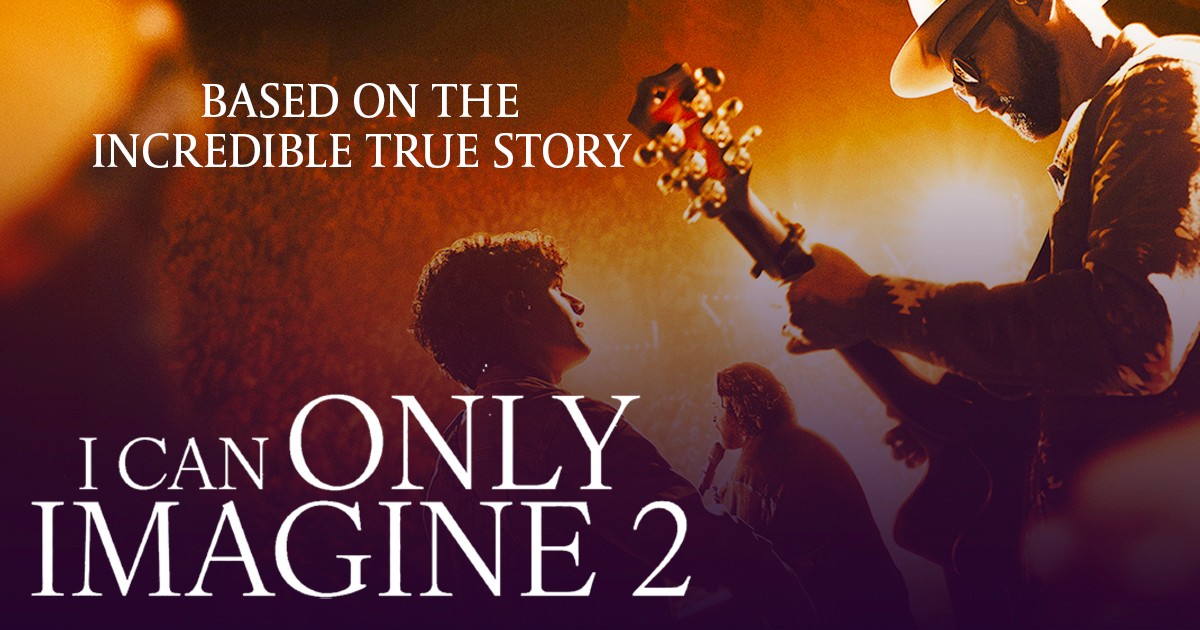When the book I Kissed Dating Goodbye was released in 1997—written when the author, Joshua Harris, was 21—it revolutionized attitudes toward dating for a generation of young Christians. Now, more than 20 years later, Harris has re-evaluated his perspective: “While I stand by my book’s call to sincerely love others … I no longer agree with its central idea that dating should be avoided.”
He has issued a public apology for the harm the book may have caused, and discontinued it—along with subsequent books and resources—from publication. A documentary about his journey is available for free at isurvivedikdg.com.
I Kissed Dating Goodbye was part of the purity movement that emerged out of evangelical Christian culture in the early ’90s, which stressed the importance of waiting for sex until marriage. Young people were often asked to make a public commitment, symbolized by a purity ring or purity pledge. While the central message of the purity movement isn’t wrong, it came loaded with other, dangerous messages—that girls are potential sexual stumbling blocks for others; that any expression of a girl’s sexuality reflected (or could result in) the corruption of her character; that girls are property to be passed from father to husband.
It suggested that anyone who engaged in sexual activity outside of marriage was damaged or not worthy of love. Object lessons, such as a rose with the petals removed, or a piece of chewed gum, were used to show young people the results of not maintaining sexual purity.
Linda Kay Klein, author of Pure: Inside the Evangelical Movement that Shamed a Generation of Young Women and How I Broke Free, says, “The purity message is not about sex. Rather, it is about us: who we are, who we are expected to be, and who it is said we will become if we fail to meet those expectations. This is the language of shame.”
Klein is not alone in rejecting this message. When Harris first suggested he was reconsidering his views, the hashtag #KissShameBye began trending. The purity movement made many young Christian men and women feel ashamed of their normal teenage emotions and desires. For some, it even made them question their faith and pushed them away from church.
Like Klein, I, too, grew up in a purity culture. At camp, I was asked to cover my modest one-piece swimsuit with a baggy T-shirt, and had to measure the inseam of my shorts to ensure they met with the dress code. I was taught that if I didn’t comply, I would be a “stumbling block” for those around me, causing others to sin (see Matthew 5:27-30). What I didn’t realize at the time is that this passage refers to the lust of the onlooker, not a woman’s wardrobe.
Although I Kissed Dating Goodbye wasn’t on my bookshelf as a teen, when I started dating my husband, we purchased a copy of Harris’ follow-up, Boy Meets Girl, hoping for a guide to healthy Christian dating. But instead, the impact was devastating.
It left me ashamed of my desire to kiss, and seemed to belittle the intellectual and emotional strengths I had to offer the relationship. It also caused me to question whether he was tainted and no longer marriage material. The result nearly destroyed our blossoming romance.
Thankfully, I was able to see past these messages and discover the truth of how God sees me, thanks to some godly men and women who came alongside our relationship. I am forever thankful for them. And my heart breaks for those who heard this message and didn’t have wise guidance.
While Harris, and many evangelical Christians, still hold the belief that it is best to wait for sex until marriage, it’s important that this message is shared without the shaming language that often accompanies it. If you are looking for a different approach, Harris suggests Boundaries in Dating by Henry Cloud and John Townsend. They argue that not dating to avoid suffering or temptation means we will miss out on opportunities to mature, especially through learning how to create healthy boundaries in relationships.
Captain Laura Van Schaick is the corps officer at The Salvation Army, A Community Church in Prince Albert, Sask.
Feature photo: ©SIphotography/iStock.com
He has issued a public apology for the harm the book may have caused, and discontinued it—along with subsequent books and resources—from publication. A documentary about his journey is available for free at isurvivedikdg.com.
I Kissed Dating Goodbye was part of the purity movement that emerged out of evangelical Christian culture in the early ’90s, which stressed the importance of waiting for sex until marriage. Young people were often asked to make a public commitment, symbolized by a purity ring or purity pledge. While the central message of the purity movement isn’t wrong, it came loaded with other, dangerous messages—that girls are potential sexual stumbling blocks for others; that any expression of a girl’s sexuality reflected (or could result in) the corruption of her character; that girls are property to be passed from father to husband.
It suggested that anyone who engaged in sexual activity outside of marriage was damaged or not worthy of love. Object lessons, such as a rose with the petals removed, or a piece of chewed gum, were used to show young people the results of not maintaining sexual purity.
Linda Kay Klein, author of Pure: Inside the Evangelical Movement that Shamed a Generation of Young Women and How I Broke Free, says, “The purity message is not about sex. Rather, it is about us: who we are, who we are expected to be, and who it is said we will become if we fail to meet those expectations. This is the language of shame.”
Klein is not alone in rejecting this message. When Harris first suggested he was reconsidering his views, the hashtag #KissShameBye began trending. The purity movement made many young Christian men and women feel ashamed of their normal teenage emotions and desires. For some, it even made them question their faith and pushed them away from church.
Like Klein, I, too, grew up in a purity culture. At camp, I was asked to cover my modest one-piece swimsuit with a baggy T-shirt, and had to measure the inseam of my shorts to ensure they met with the dress code. I was taught that if I didn’t comply, I would be a “stumbling block” for those around me, causing others to sin (see Matthew 5:27-30). What I didn’t realize at the time is that this passage refers to the lust of the onlooker, not a woman’s wardrobe.
Although I Kissed Dating Goodbye wasn’t on my bookshelf as a teen, when I started dating my husband, we purchased a copy of Harris’ follow-up, Boy Meets Girl, hoping for a guide to healthy Christian dating. But instead, the impact was devastating.
It left me ashamed of my desire to kiss, and seemed to belittle the intellectual and emotional strengths I had to offer the relationship. It also caused me to question whether he was tainted and no longer marriage material. The result nearly destroyed our blossoming romance.
Thankfully, I was able to see past these messages and discover the truth of how God sees me, thanks to some godly men and women who came alongside our relationship. I am forever thankful for them. And my heart breaks for those who heard this message and didn’t have wise guidance.
While Harris, and many evangelical Christians, still hold the belief that it is best to wait for sex until marriage, it’s important that this message is shared without the shaming language that often accompanies it. If you are looking for a different approach, Harris suggests Boundaries in Dating by Henry Cloud and John Townsend. They argue that not dating to avoid suffering or temptation means we will miss out on opportunities to mature, especially through learning how to create healthy boundaries in relationships.
Captain Laura Van Schaick is the corps officer at The Salvation Army, A Community Church in Prince Albert, Sask.
Feature photo: ©SIphotography/iStock.com










Leave a Comment